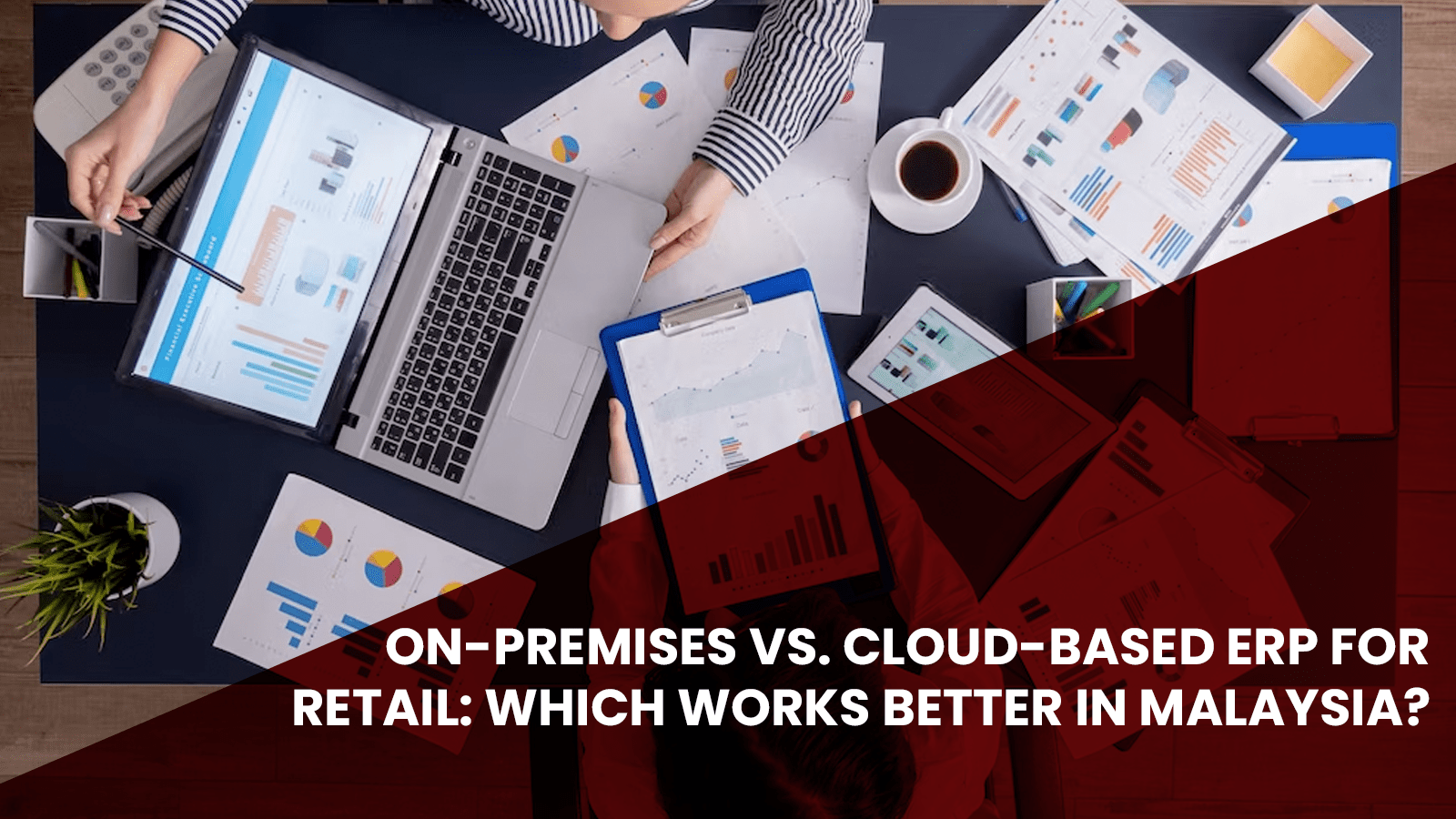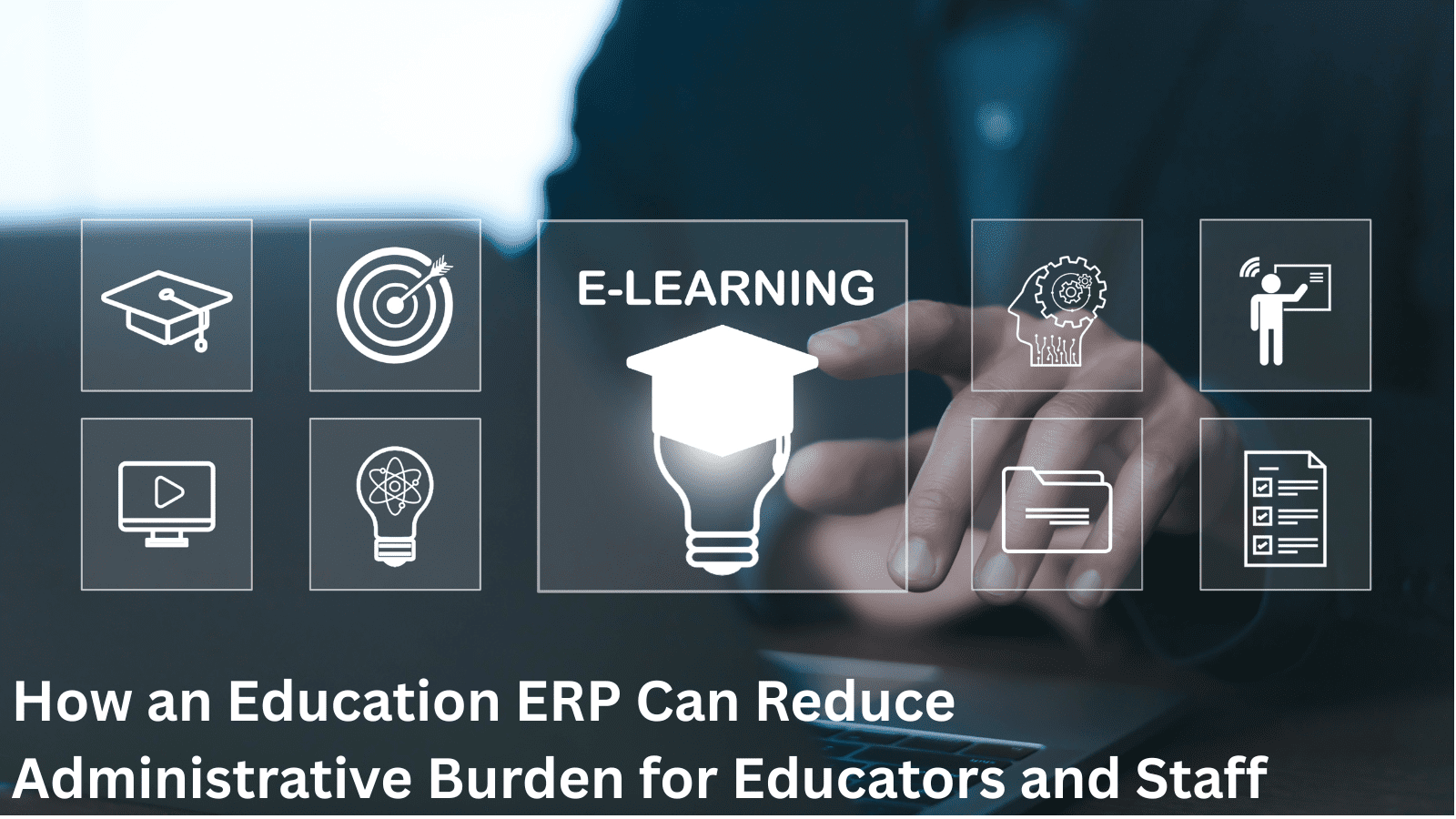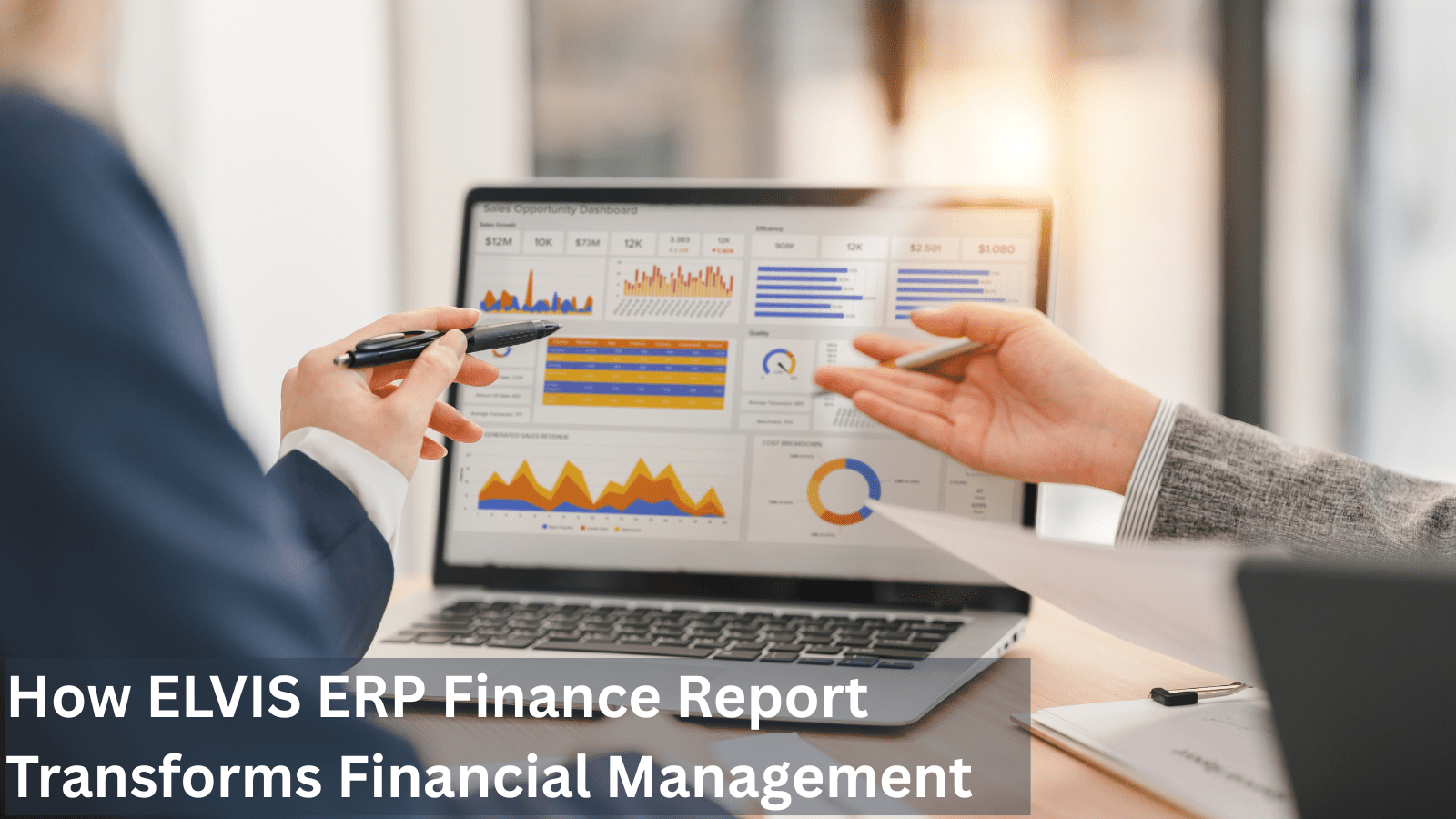On-Premises vs. Cloud-Based ERP for Retail
With evolving trends and advanced technology, businesses constantly seek ways to improve efficiency, reduce costs, and gain a competitive edge. Enterprise Resource Planning (ERP) software has become an essential tool for many retailers, providing a centralized platform for managing various business processes, from inventory and supply chain to customer relationship management (CRM) and financial accounting.
When looking into the implementation of ERP, business owners face a crucial decision: on-premises or cloud-based deployment. Both options have their own set of advantages and disadvantages, making the choice a complex one that depends on the specific needs and circumstances of each business. Malaysia, with its diverse retail sector, has unique needs that require careful consideration.
Therefore, this article will dive into the difficulties of both options and help you make an informed decision.
Understanding On-Premises ERP
On-premises ERP systems are hosted on local servers within the organization. They offer complete control and are often preferred by businesses prioritizing data security and compliance. However, they come with their own set of challenges.
Pros of On-Premises ERP
- Data Control: With on-premises solutions, you have full control over your data, making it an ideal choice for businesses with strict data governance requirements.
- Customization: These systems are highly customizable to meet specific business needs, allowing for tailored solutions.
- One-time Cost: While the initial investment is substantial, there are no ongoing subscription fees, making it cost-effective in the long run.
Cons of On-Premises ERP
- High Initial Costs: Setting up on-premises ERP systems can be expensive due to the need for hardware, software, and skilled personnel.
- Limited Accessibility: These systems may lack the flexibility of cloud-based solutions, restricting access to on-site locations.
- Maintenance Burden: Regular updates, maintenance, and security management are the responsibility of the business, which can be resource-intensive.
On-premises ERP is a good option for companies that:
- Have sensitive data that they need to keep secure.
- Need to customize their ERP system to meet their specific needs.
- Have the IT resources to implement and maintain the software.
- Have a stable business model that is likely to stay the same in the future.
Understanding Cloud-Based ERP
Cloud-based ERP systems, on the other hand, are hosted on remote servers and accessed through the Internet. They offer convenience, scalability, and flexibility, making them a popular choice for many businesses.
Pros of Cloud-Based ERP
- Cost Efficiency: Cloud-based solutions, offering a subscription-based model, eliminate the need for significant upfront investments.
- Scalability: They can be easily scaled up or down to accommodate the changing needs of your business.
- Accessibility: Cloud ERP systems provide real-time data access from anywhere, facilitating remote work and quick decision-making.
Cons of Cloud-Based ERP
- Data Security Concerns: While cloud providers ensure security, some businesses may have reservations about data stored off-site.
- Subscription Costs: Over time, subscription fees may surpass the cost of on-premises systems.
- Internet Dependency: A stable internet connection is vital for uninterrupted access, which may only be readily available in some regions.
Cloud-based ERP is a good option for businesses of all sizes, but it is especially well-suited for businesses that:
- Have limited IT resources
- Are experiencing rapid growth
- Need to access their ERP system from multiple locations
- Want to reduce their IT costs
Here’s a table that summarizes the key differences between On-Premises vs. Cloud-Based ERP
| Feature | On-premise ERP | Cloud-based ERP |
| Deployment | Installed and maintained on a company’s servers | Hosted by a third-party provider and accessed over the internet |
| Upfront costs | Typically higher | Typically lower |
| Scalability | More difficult to scale up or down | Easy to scale up or down |
| Accessibility | Can be accessed from anywhere with an internet connection | Accessible from anywhere with an internet connection |
| Security | Businesses are responsible for their own security | Cloud providers typically have more robust security measures in place |
| Maintenance | Businesses are responsible for maintaining their own systems | Cloud providers handle all maintenance and upgrades |
| Updates | Businesses are responsible for installing updates | Cloud providers typically install updates automatically |
| Cost structure | Mostly a continuous license with ongoing maintenance and support fees | Often a subscription fee with no upfront costs |
Malaysia-Specific Considerations
For retail businesses in Malaysia, factors like regional regulations, infrastructure, and the competitive landscape play a crucial role in the choice between on-premises and cloud-based ERP.
- Regulatory Compliance: Malaysia has stringent data protection laws. If your business deals with sensitive customer information, on-premises ERP may be more suitable to ensure compliance.
- Internet Infrastructure: The availability and reliability of internet connections in your area are essential considerations. Cloud-based ERP systems heavily depend on internet connectivity.
- Scalability: With Malaysia’s dynamic retail sector, the ability to scale your ERP system quickly may be a deciding factor. Cloud-based solutions are more flexible in this regard.
- Budget Constraints: Evaluate your budget and long-term cost projections. On-premises systems require more upfront investment, while cloud-based solutions have ongoing subscription costs.
Conclusion
The choice between on-premises and cloud-based ERP for retail businesses in Malaysia depends on a variety of factors, including the size and complexity of the business, the budget, and the IT resources available.
However, in Malaysia, where internet infrastructure is generally reliable and internet access is widely available, cloud-based ERP offers significant advantages over on-premises ERP. The lower upfront costs, ease of scalability, and ease of use make it a more attractive option for most retail businesses.
Here are some additional points to consider when making a decision:
For small and medium-sized businesses (SMEs), cloud-based ERP is often the more cost-effective option. This is because SMEs typically have limited IT resources and may not be able to afford the upfront costs of an on-premises ERP system.
For businesses with rapid growth or seasonal fluctuations in demand, cloud-based ERP is ideal because it can be easily scaled up or down to meet changing needs. This can help businesses to avoid overspending on IT infrastructure.
For businesses that require real-time access to data and insights, cloud-based ERP is the best option as cloud-based systems are more up-to-date.
The #1 cloud-based ERP found in Malaysia is Elvis ERP. Elvis has a comprehensive suite of features that help businesses of all sectors and sizes manage their core processes, including finance, inventory, sales, supply chain, and CRM.
Frequently Asked Questions (FAQs) On-Premises vs. Cloud-Based ERP
What is the main difference between on-premises and cloud-based ERP systems?
On-premises ERP is hosted on local servers within the organization, while cloud-based ERP is hosted on remote servers and accessed via the Internet.
Are cloud-based ERP systems more cost-effective than on-premises solutions?
It depends on your long-term budget and scalability requirements. Cloud-based ERP typically has lower upfront costs but ongoing subscription fees.
How does data security differ between the two options?
On-premises ERP provides full control over data, while cloud-based ERP relies on the security measures of the hosting provider.
Is internet connectivity a significant concern in Malaysia for cloud-based ERP?
It can be, as the reliability of internet connections varies across regions. Assess your location’s internet infrastructure.
Which ERP system is easier to scale as a retail business in Malaysia?
Cloud-based ERP systems offer greater flexibility for scaling up or down to adapt to the dynamic retail sector in Malaysia.








